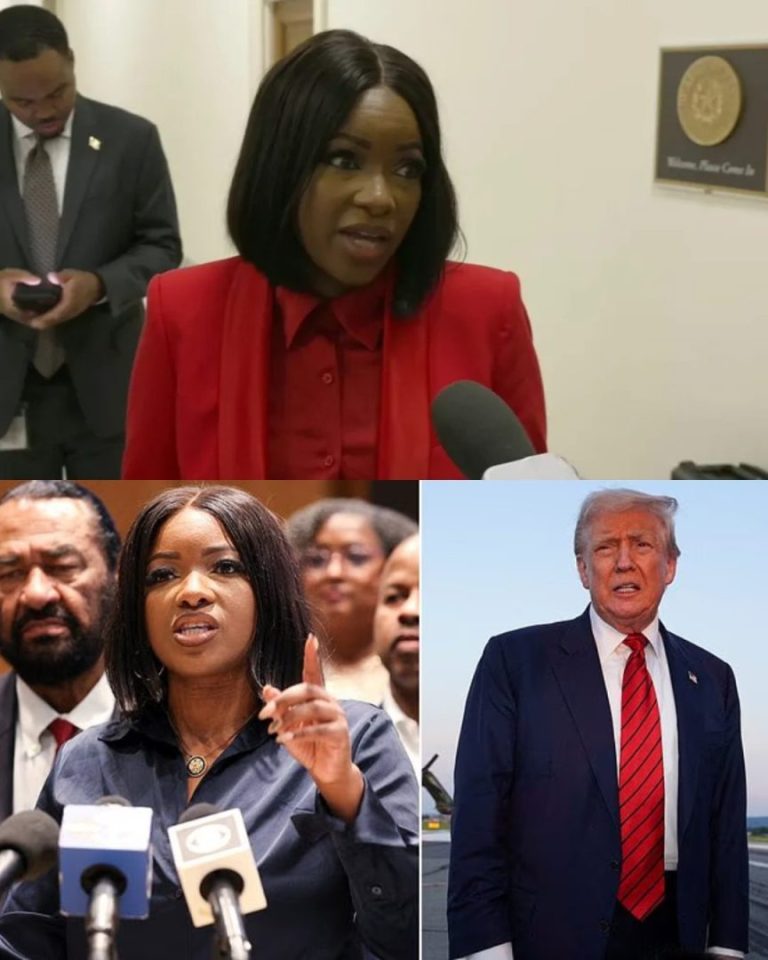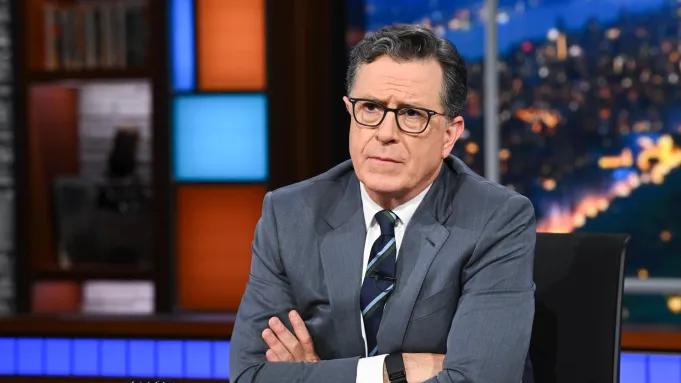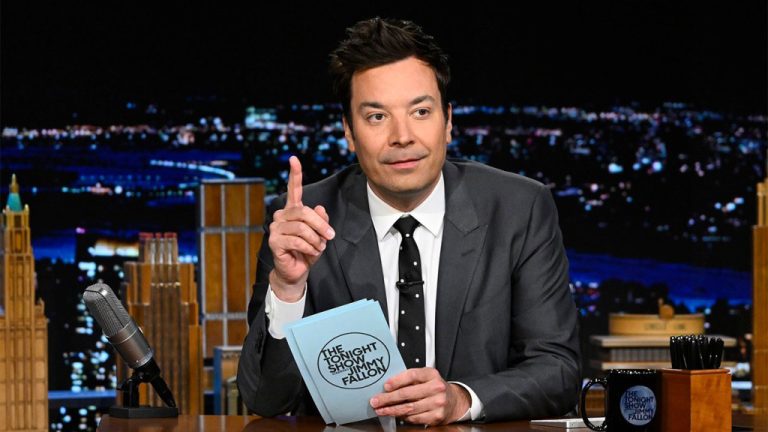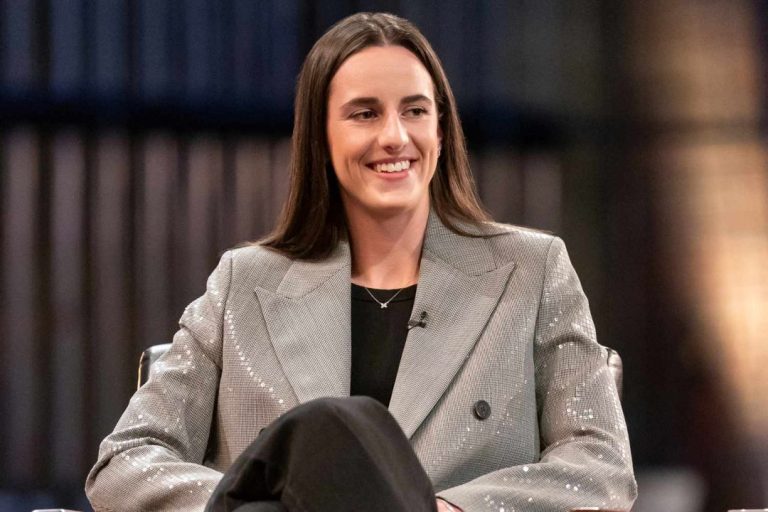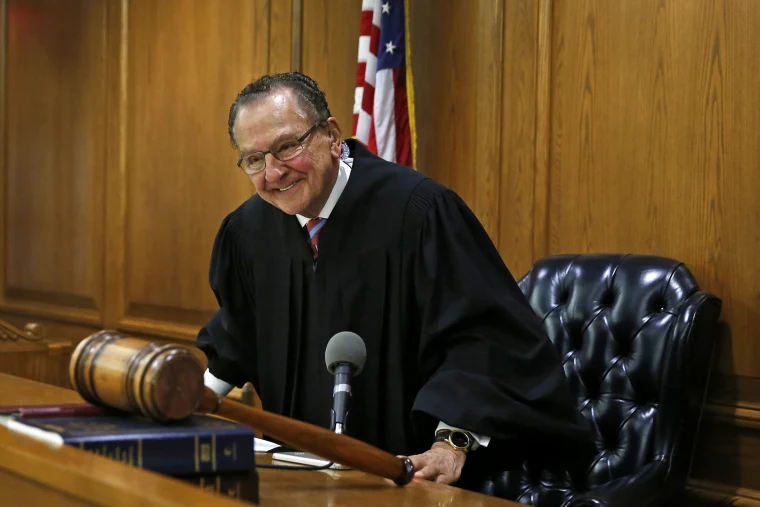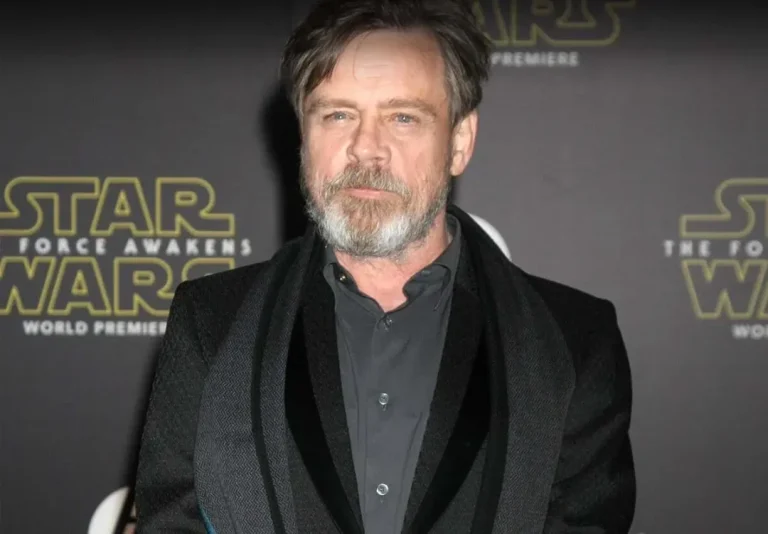Not all contract holdouts are created equal. Some are resolved quietly, the media barely catching wind before a deal is done. Others, though, become full-blown spectacles—circus acts that threaten to unravel a franchise’s very foundation. In the modern NFL, the press almost always sides with the player, especially if he’s a star. With Terry McLaurin in Washington, the sympathy is understandable. But Micah Parsons? That’s a different story, and this summer, it’s the only story that matters in Dallas.
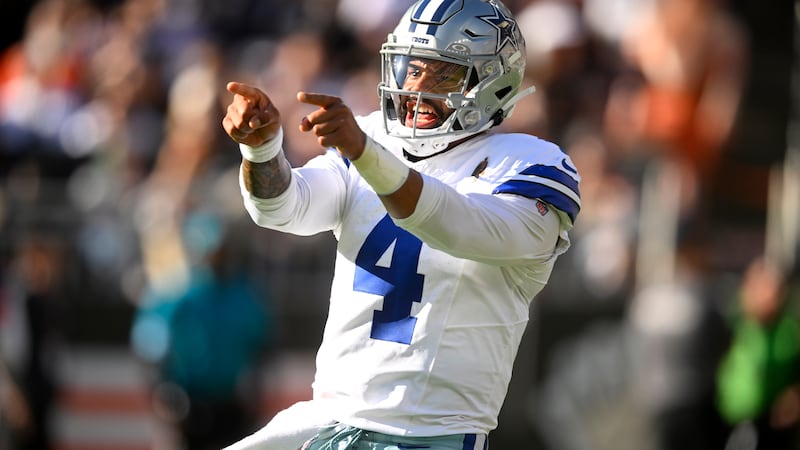
A year ago, I was one of the few who argued the Cowboys should trade Parsons. It was a cold calculation, but Dallas was miles behind Philadelphia in roster composition. They needed four good players, not just one great one.
A couple of second-round picks, maybe a first and a fourth—there was logic there. Parsons is good, but he’s not Nick Bosa, not Myles Garrett, not Maxx Crosby, not T.J. Watt, not Aidan Hutchinson. He’s not the highest-paid defensive end in the game, and he shouldn’t be. But now, as the Cowboys find themselves backed into yet another corner, the question isn’t just about money. It’s about culture, leadership, and the fragile chemistry of a team with championship dreams and a history of heartbreak.
If the Cowboys let Micah Parsons walk, the message is clear: they’re not competing for a championship. The job of a front office is simple—draft, develop, retain. Dallas did the first two. Parsons fell to them in the draft, a gift they didn’t expect, a player who shouldn’t have been available at their slot.
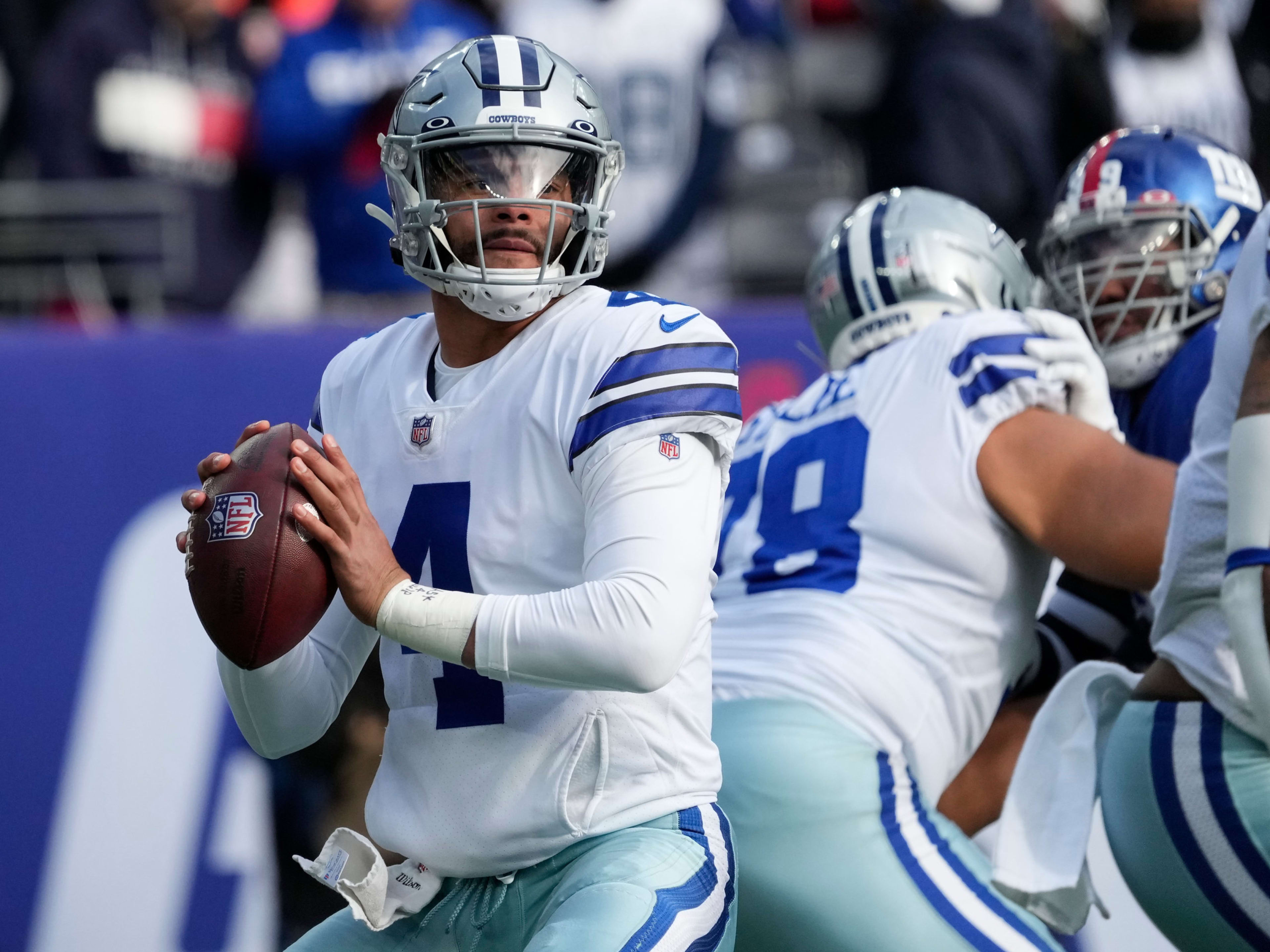
He started as an off-ball linebacker, evolved into a generational rush end, and has become one of the most prolific defenders in the league. But retaining him? That’s where the Cowboys stumbled. They had the chance last year, when Nick Bosa was setting the market at $34 million per year. They waited. Now, with the price tag soaring north of $43 million, Dallas is in a familiar bind—the same corner they backed themselves into with Ezekiel Elliott, with CeeDee Lamb, with Dak Prescott.
Why now, with Parsons, do they dig in their heels? Why refuse to even negotiate, citing agents and “business” as the reason? Training camp was supposed to be about chemistry, preparation, unity. Instead, it became a battleground.
It wasn’t a pulled hamstring or a torn ACL that derailed Cowboys camp—it was the bond between two stars: Micah Parsons and Dak Prescott. The tension had been building for weeks. Parsons, frustrated by contract limbo, was showing up but not fully participating. Owner Jerry Jones tried to spin the narrative—“Competitors get heated!”—but the truth was unavoidable. Parsons was fed up.
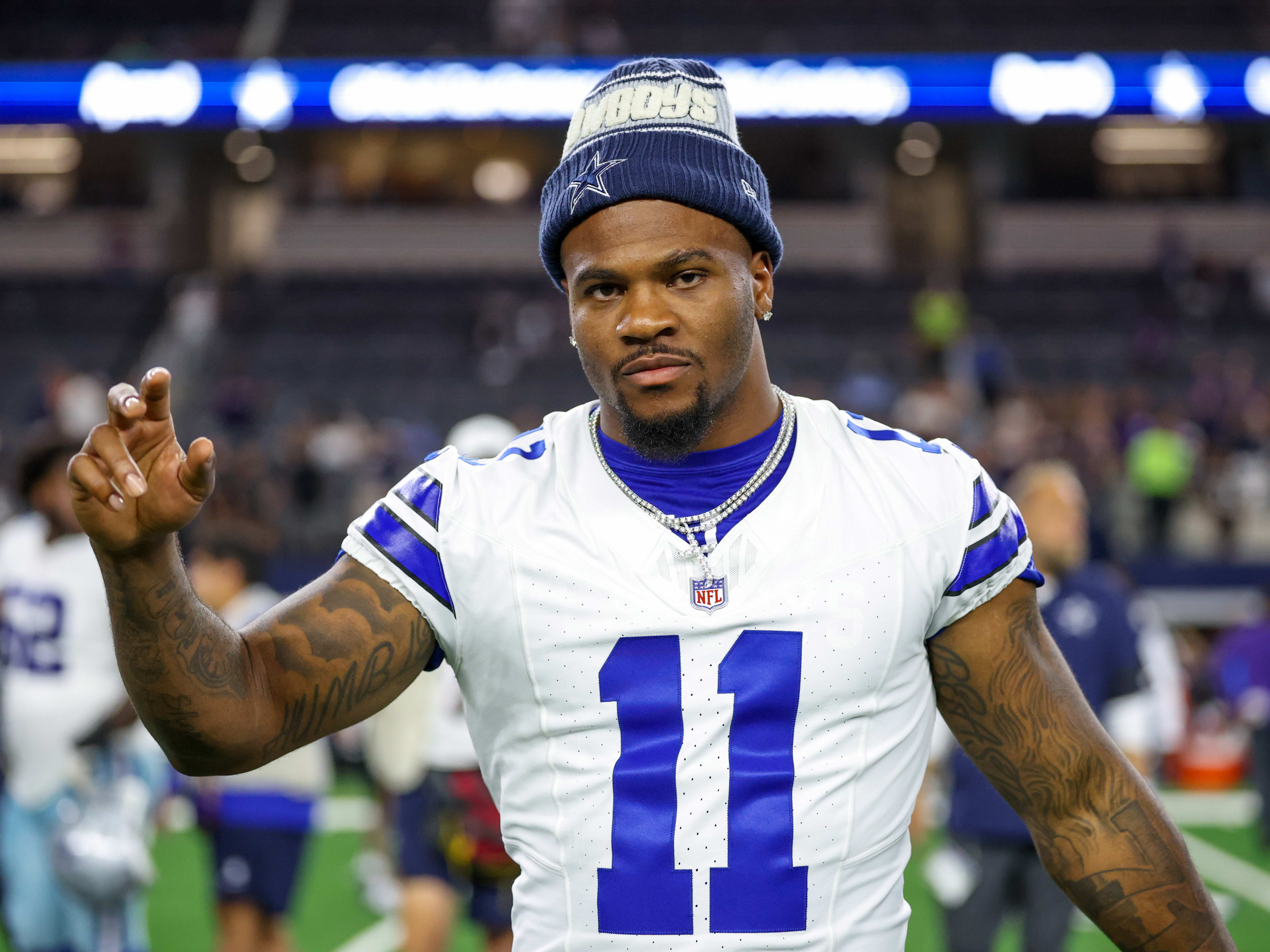
Rumors swirled. A trade to Green Bay for Rashan Gary and a mountain of picks. Fans divided. Could Dallas afford to lose the heartbeat of its defense? Could Jerry Jones really let another generational talent slip away? But the true flashpoint wasn’t Jerry. It was the growing resentment between the locker room leaders.
Dak Prescott, the steady hand, the calming presence, was also carrying the weight of years of playoff failures and endless criticism. For Dak, every rep mattered. For Dak, this was about setting the tone. And in his eyes, Parsons was letting the team down.
It started small. During a seven-on-seven drill, Dak hit CeeDee Lamb on a slant, jogged back to the huddle, and as he passed Parsons—standing with arms crossed—muttered just loud enough, “Man, you can cash your checks later. Right now, we need you out here.” Parsons froze, turned his head toward Dak, eyes narrowed. “What did you just say?” Dak didn’t back down. “You heard me. We’re all grinding out here. You think anybody cares about your agent or Jerry’s games? We’re trying to win a damn Super Bowl.”
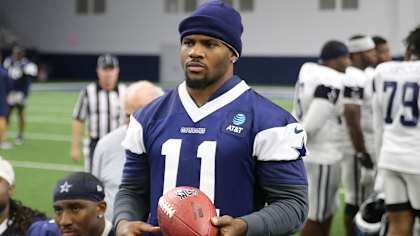
The field went silent. Helmets half-on, eyes darting between their two leaders. Parsons stepped forward, jaw clenched. “You don’t get it, Dak. You’ve been paid. You’ve had your bag. Me? I’m destroying my body every week, carrying this defense while Jerry clowns around, trying to negotiate without an agent. This isn’t just business—it’s respect.” Dak’s voice rose. “Respect? You think sitting out, showing up with a bad attitude is how you get respect? That’s quitting on us. That’s quitting on me.”
A loose circle of teammates formed. CeeDee Lamb shook his head. Zack Martin muttered to a coach, “This is about to get ugly.” Parsons’s chest heaved, voice booming. “Don’t twist this. You want to talk quitting? How about the times you’ve come up small in the playoffs? When the defense carried you and you couldn’t deliver? Don’t come at me about winning when you can’t do your job when it matters most.” Gasps rippled. This wasn’t a spat. This was personal.
Dak stepped closer, helmet in hand, knuckles tight. “Say that again.” Micah leaned in, nearly nose-to-nose. “I said what I said. This team hides behind your smile, but when it matters, we know who really shows up. It ain’t you.” Coaches sprinted in. One grabbed Parsons’s arm, another shoved Dak back. “Enough!” barked McCarthy. “This isn’t about egos. This isn’t about contracts. You two are supposed to be the leaders of this team, and you’re tearing it apart in front of everybody.”
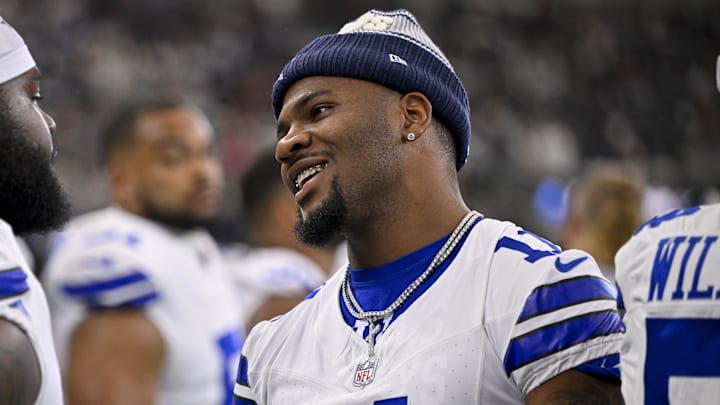
But the damage was done. Practice ended in an awkward haze. Parsons stormed off, helmet swinging. Dak stayed on the field, throwing angry spirals, before walking off to a chorus of whispers.
By morning, the media had the story. Cowboys PR scrambled, reporters camped outside the facility. The tension was unbearable. Some players sided with Dak. “We can’t win if our stars are worried about contracts instead of football,” one veteran said. Others defended Parsons. “Dak’s been paid for years. Easy for him to say, ‘Forget the money.’ Micah deserves his bag.” Even Jerry Jones was forced to address it, brushing it off with his trademark smirk. “Those boys are competitors. Sometimes competitors get heated. I’m not concerned.”
But insiders weren’t buying it. NFL reporter Jordan Schultz tweeted, “This isn’t just a heated exchange. This is the unraveling of the Cowboys locker room. Dak and Micah are supposed to be cornerstones. If they can’t see eye to eye, Dallas is in serious trouble.” The timing couldn’t be worse. As Parsons’s trade request went public, the Packers circled. Rashan Gary and three draft picks were on the table. For Dallas, a chance to reset. For Dak, a nightmare—losing the one player who could flip games single-handedly. For Parsons, it meant freedom. A chance to escape Jerry’s negotiating circus and play for an organization ready to respect his value.
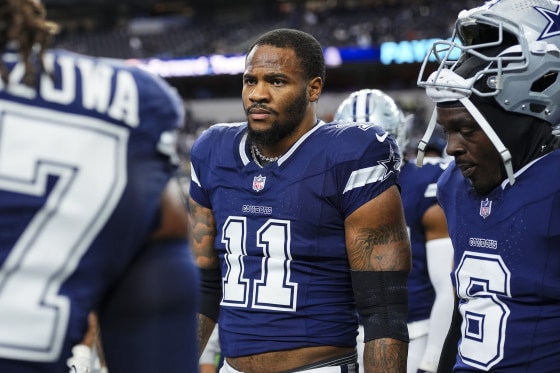
The Cowboys’ mistake wasn’t just waiting to pay Parsons—it was misreading the entire negotiation process. Jerry Jones treated his spring conversation with Parsons as if it were a negotiation. It wasn’t. In the NFL, ownership and labor aren’t friends. There’s no handshake deal, no “let’s figure it out later.” Parsons wanted his agent, David Mulugheta, involved. Mulugheta is the best in the business. Forbes called him the most powerful agent in the NFL. But Jerry boxed him out, insisting on player-to-owner talks. It was disingenuous, even insulting.
The imbalance of power was glaring. Jerry would never litigate without his own representation. Yet he expected Parsons—a young star—to handle millions without his agent. It wasn’t just bad business. It was bad faith. If Dallas had moved early, Parsons would be locked in at a reasonable number. Now, with the market ballooning, they’re staring down a cap crunch. Dak Prescott’s $60 million, CeeDee Lamb’s top-of-market deal, and now Parsons demanding what he’s worth. Can they pay him? Absolutely. Restructure Dak, move money around. But the question is, what happens next? How does Dallas get markedly better from last year? They have 25 free agents, holes everywhere. This isn’t just about one player—it’s about the future of the franchise.
This isn’t just a numbers game. It’s a culture war. The reason this is a segment on “First Take” isn’t the cap. It’s the podcast, the locker room, the comment about Mike McCarthy. It’s about culture. And blaming Parsons for the culture in Dallas? That’s crazy. If you’re going to pay a guy $40 million a year, he needs to be a positive force—not someone the locker room has to overcome. But Parsons isn’t the problem. The problem is a stubborn owner, a fractured leadership, and a team that can’t get out of its own way.

There’s box office, and there’s Oscars. Jerry Jones hasn’t been to the show in a long time. All money ain’t good money, Jerry. The Cowboys play like the Red Raiders of the 60s—shifting, running, always chasing something just out of reach. Dak Prescott is the steady hand, the calming presence. But he’s also the face of playoff disappointment. When he confronted Parsons, it was about more than a contract—it was about legacy.
The locker room is split. Some players whisper, “Micah’s right. Dak’s had his payday.” Others mutter, “We need unity, not drama.” Zack Martin, who’s been through his own contract wars, shakes his head. “This is about to get ugly,” he tells a coach. CeeDee Lamb, paid and secure, watches in silence. The younger players are caught in the crossfire, learning that in Dallas, respect is earned—and sometimes, it’s withheld. The Cowboys aren’t just fighting for a contract. They’re fighting for their soul.
Jerry Jones has always played the long game. He’s stubborn, proud, unwilling to adapt. He treats negotiations like poker, bluffing until the last card falls. But this time, the stakes are higher. If Parsons is dealt to the Packers, history will remember this fight as the moment the Cowboys broke. The moment pride, ego, and poor leadership destroyed a championship window. But if Jerry somehow patches this up—if Parsons gets his extension, if Dak regains trust—maybe, just maybe, Dallas can salvage its season.
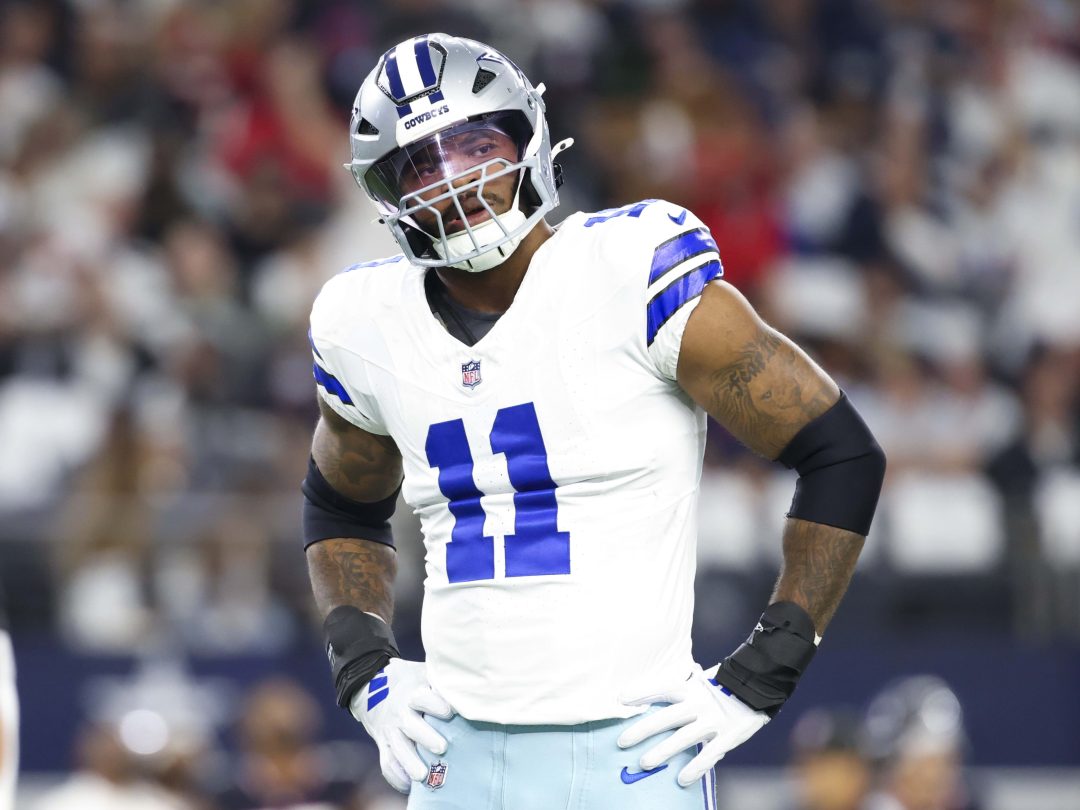
For now, Cowboys camp isn’t about schemes or game plans. It’s about survival. It’s about whether Dak and Parsons can ever trust each other again. The next time they share the field—whether in Dallas or somewhere else—the whole NFL will be watching. The Cowboys will either rise from this chaos or collapse under the weight of it.
This isn’t just a fight at training camp. It’s a symbol of everything wrong with the Dallas Cowboys. A stubborn owner. A frustrated superstar. A quarterback trying to hold everything together, only to watch it unravel. If Parsons is traded, the Cowboys will spend years chasing what they lost. If he stays, the wounds may never fully heal. But one thing is certain: the old ways aren’t working. The NFL is changing. Players have power. Agents have leverage. And the Cowboys, for all their history, are learning that respect isn’t given—it’s earned.
As the dust settles, the Cowboys face a choice. Pay Parsons and build around him, or trade him and start over. There’s no easy answer. But the lesson is clear: in the NFL, culture matters. Leadership matters. And sometimes, the biggest battles aren’t fought on the field—they’re fought in the boardroom, in the locker room, and in the hearts of the men who wear the star.
For Jerry Jones, the time for games is over. For Dak Prescott, the time for leadership is now. And for Micah Parsons, the time for respect has come. The whole league is watching. The future of America’s Team hangs in the balance.
If you want more stories like this—stories that dig deep, reveal the heart of the game, and hold the powerful accountable—subscribe. Because the truth deserves to be heard. And so do the players living it.
